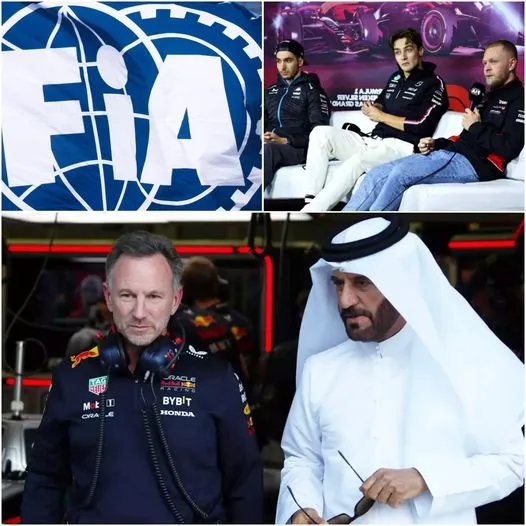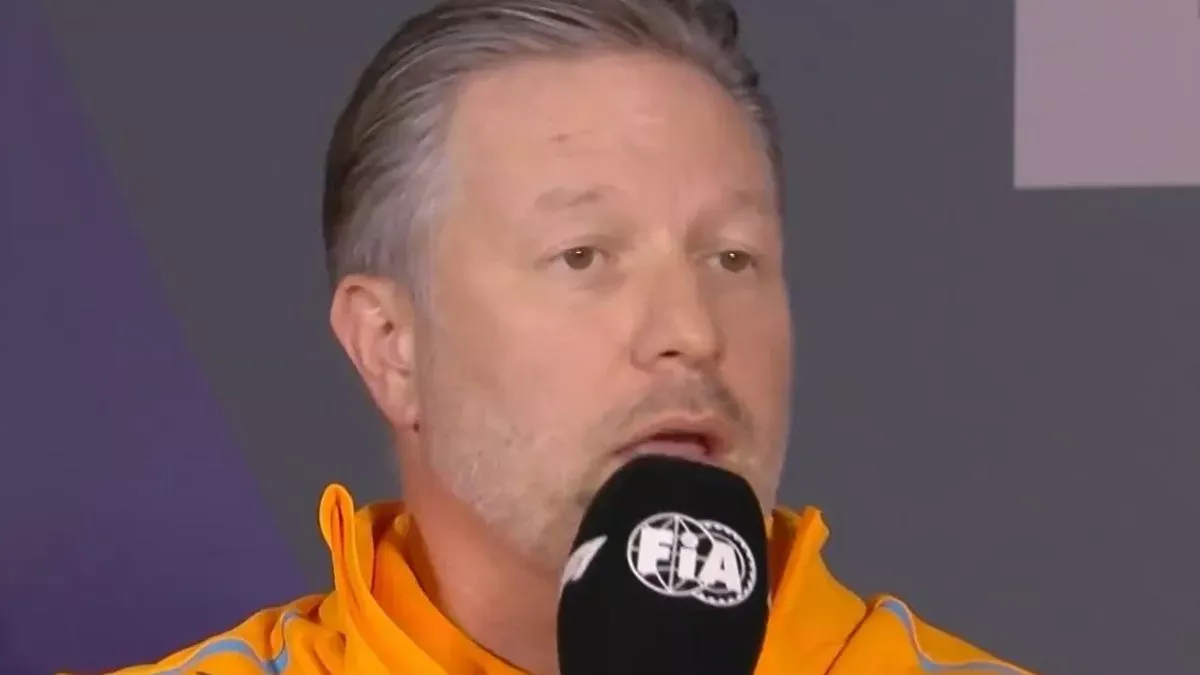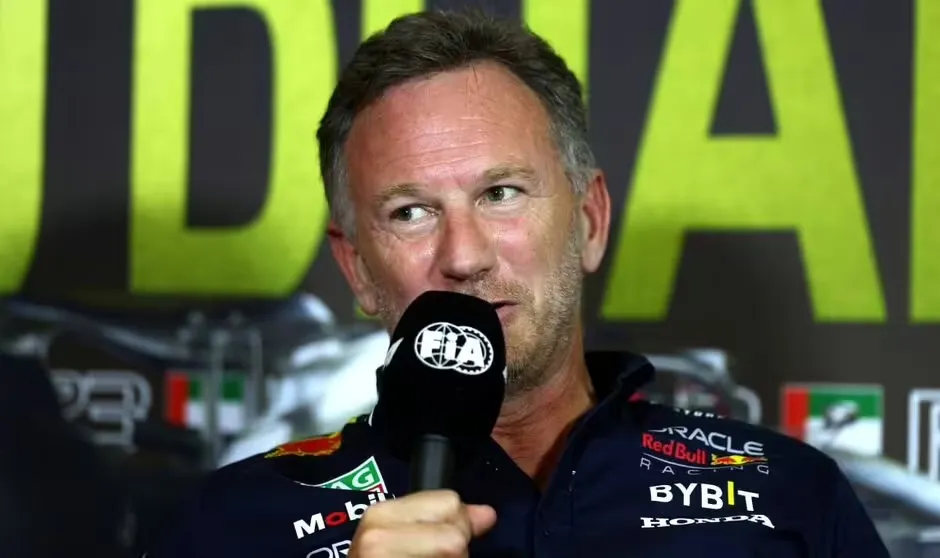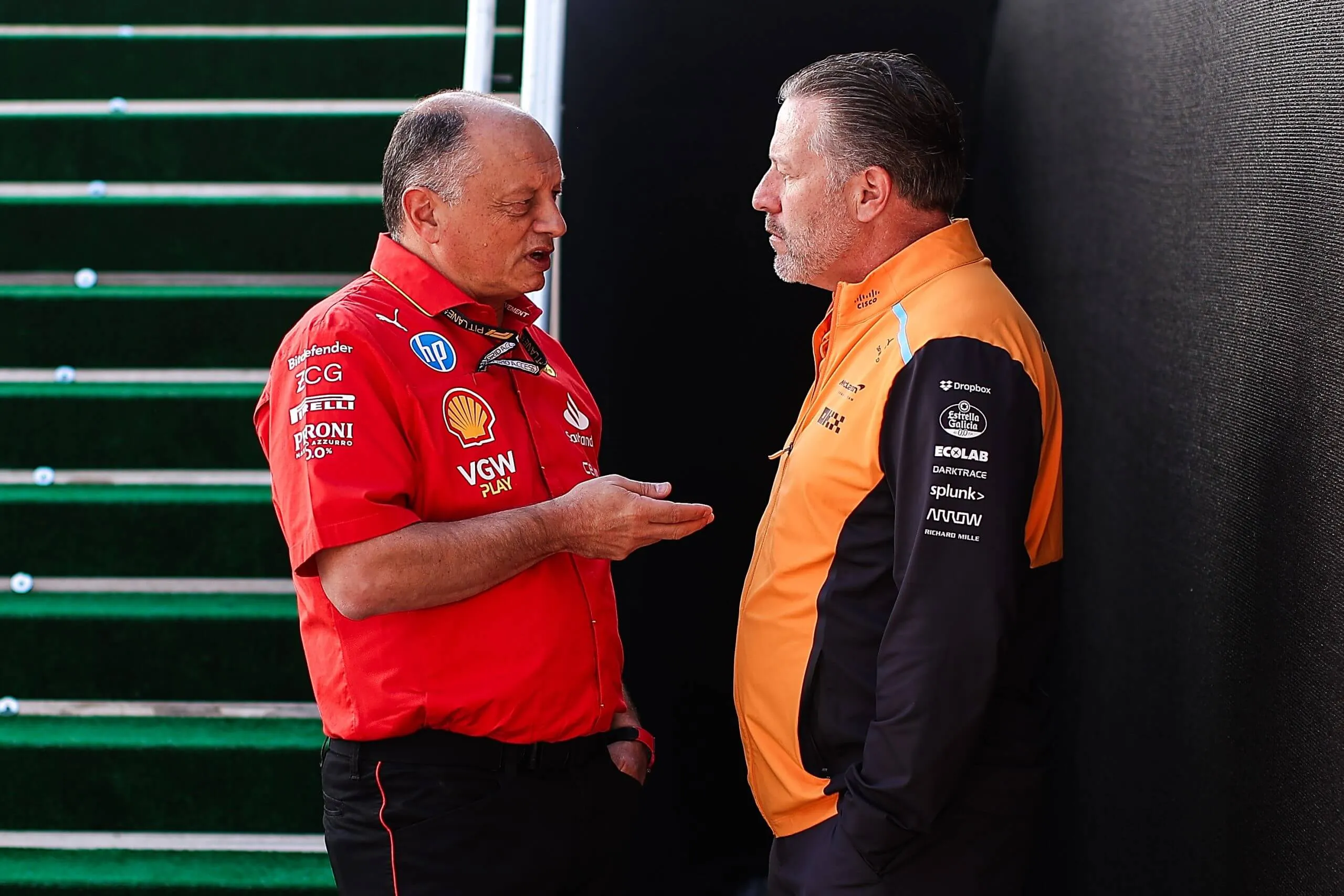In a fiery exchange at the Las Vegas Grand Prix press conference, several F1 drivers have expressed their growing frustration with the FIA’s recent rule changes, calling the new regulations “absurd” and “unnecessary.” The drivers, who are known for their competitive spirit, didn’t hold back, venting their dissatisfaction with how the sport’s governing body has been handling the latest updates to the rules.

Max Verstappen, currently dominating the F1 circuit with Red Bull, led the charge, describing the rule changes as “completely unnecessary” and “disruptive” to the flow of racing. “We’re all fed up with it,” Verstappen said, clearly exasperated. “It feels like every time we get a grasp on things, the rules change again. It’s frustrating. We can’t even plan or strategize properly anymore because the goalposts keep moving.”
Verstappen’s comments were supported by Lewis Hamilton, who shared similar concerns about the inconsistency of the FIA’s decisions. “The rules are becoming more and more complicated, and it’s really hard to stay on top of it all,” Hamilton explained. “We’ve been racing for years and know what works. The FIA needs to stop making changes just for the sake of it. It’s confusing for everyone involved, and it’s not improving the racing.”

The FIA’s latest set of rules, introduced for the 2024 season, include stricter controls over team communications, as well as tighter regulations on car setups and track limits. One of the most controversial changes has been the new restrictions on driver-team communication during races, limiting the kind of strategic information drivers can request from their engineers. Drivers argue that these restrictions hinder their ability to make informed decisions during races, especially in fast-evolving situations.

Ferrari’s Charles Leclerc also joined the chorus of discontent, highlighting the impact the new rules have had on their ability to race freely. “It’s difficult when we’re not allowed to communicate with the team in real-time,” said Leclerc. “F1 is all about pushing the limits, but the FIA is taking that away from us. The sport needs to allow more freedom for drivers to make quick decisions based on the circumstances, but with these rules, that’s becoming increasingly difficult.”
One of the most pressing issues is the inconsistency in the enforcement of track limits. Drivers have complained that the FIA has applied the rules differently at various races, creating confusion about what is acceptable on the track. The Las Vegas Grand Prix, with its unique layout and challenging conditions, has amplified these concerns.

As the drivers made their frustrations clear, it became apparent that the relationship between the FIA and the competitors is becoming increasingly strained. Many drivers feel that the governing body is prioritizing regulations over the spirit of racing, with their primary focus shifting from improving the sport to simply implementing more rules.
While the FIA maintains that the changes are intended to enhance fairness and safety, the reactions from the drivers suggest that the new rules are having the opposite effect. With tensions running high, it remains to be seen how the FIA will respond to the growing backlash and whether any changes will be made before the next race.